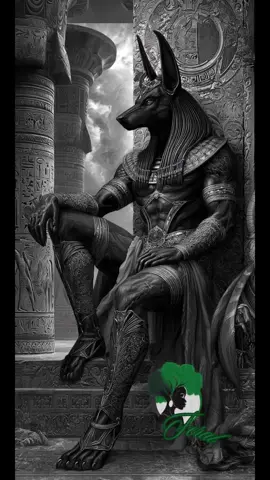user550042375950
Region: PK
Monday 08 September 2025 08:30:00 GMT
76
26
7
1
Music
Download
Comments
Hayat Shah :
❤️❤️❤️
2025-09-08 12:48:40
0
M :
🥰🥰🥰
2025-09-08 11:57:44
0
Tasbeeh Ullah بےوفاجانان💞💞💞 :
💔💔💔
2025-09-08 10:50:14
0
711 🫵🫵🫵🤜🤜🤜711 🫡🫡🫡 :
💔💔💔
2025-09-08 10:11:34
0
Rafqt Ullah :
🥰🥰🥰
2025-09-08 08:42:11
0
Rafqt Ullah :
♥️♥️♥️
2025-09-08 08:42:07
0
Rafqt Ullah :
🥰🥰🥰
2025-09-08 08:41:55
0
To see more videos from user @user550042375950, please go to the Tikwm
homepage.





